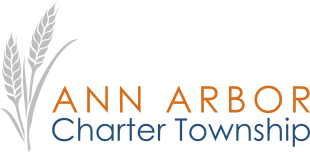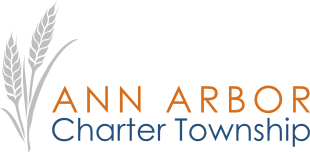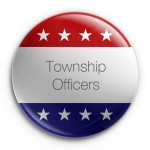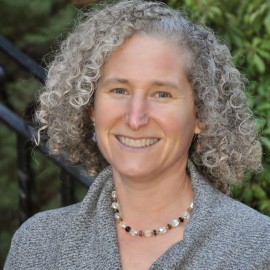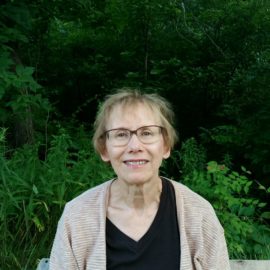Welcome to Ann Arbor Charter Township.
Recent News and Notices

Planning Commission meeting, Monday June 2, 7:30 p.m.
The Ann Arbor Charter Township will hold its regularly scheduled Planning Commission meeting in person at the Township Office, 3792 Pontiac Trail, Ann Arbor, MI 48105 and via video conference call on Monday, June 2, 2025 at 7:30 pm....
May 29, 20250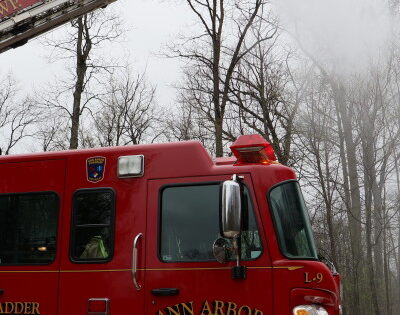
First Reading of Ordinance Amendments to Chapter 30, Fire Dept Approved
On May 19, 2025 the Ann Arbor Charter Township Board of Trustees approved the 1st reading of ordinance amendments to Chapter 30, Fire Department, Section 63 “Charge for services or incidents” and Section 66, “Charges imposed” which clarify residency...

Farmland and Open Space Preservation Board Meeting Tuesday, May 27 at 7:30 pm
The Farmland and Open Space Preservation Board will be meeting Tuesday, May 27 at 7:30 pm at Township Hall, 3792 Pontiac Trail, Ann Arbor, MI 48105. Meeting will be held in person and via video conference call. AGENDA To...

Memorial Day
The Township offices will be closed on Monday May 26th in observance of Memorial Day.

Community Event: Help Remove Invasive Garlic Mustard – May 31
Join us for a hands-on volunteer event on May 31 (10:00 am to noon) as we work together to remove garlic mustard, an aggressive invasive plant, from the landscape of the Ann Arbor Township Farm. This is a great...

May 19 Board of Trustees Regular Meeting
The Ann Arbor Charter Township will hold its regularly scheduled Board of Trustees meeting in person at the Township Office, 3792 Pontiac Trail, Ann Arbor, MI 48105 and via video conference call on Monday, May 19, 2025 at 7:30...
a little quick info on our township
History
HistoryThe Township of Ann Arbour was organized in 1827 by the Legislative Council of the Michigan Territory and the Village of Ann Arbour–which later became the City of Ann Arbor–was organized in 1833. As villages remained part of the township, the Village of Ann Arbour did not become completely detached from the township until it reorganized as the city of Ann Arbor. |
Housing and Population
Housing and PopulationAs of the census of 2020, there were 4,747 people in 1,958 households residing in the township. The population density was 288.6 per square mile. There were 2,073 housing units of which 76% are single family dwellings. The racial makeup of the township was 67% White, 1% African American, 0% Native American, 24% Asian, % Pacific Islander, 4% identifying as two or more races. Hispanic or Latino of any race were 4% of the population. Additional census data for Ann Arbor Township can be viewed here. |
Geography
GeographyAccording to the United States Census Bureau, the township has a total area of 16.9 square miles, of which 16.7 square miles is land and 0.15 square miles, or 0.86%, is water. The city of Ann Arbor was established within the borders of Ann Arbor Township. Over the years, the city expanded, annexing portions of the township as the city grew and reducing the land area of the township. Under a 1994 boundary agreement with the City of Ann Arbor, those areas of the Township lying within the future boundaries of the city will be subject to annexation by the city. |
Landscape
LandscapeThe landscape of Ann Arbor consists of hills and valleys, with the terrain becoming steeper near the Huron River. The elevation ranges from about 750 feet along the Huron River to over 1,000 feet. Ann Arbor is known for its wide variety of trees, foliage, and its lush landscape. |
